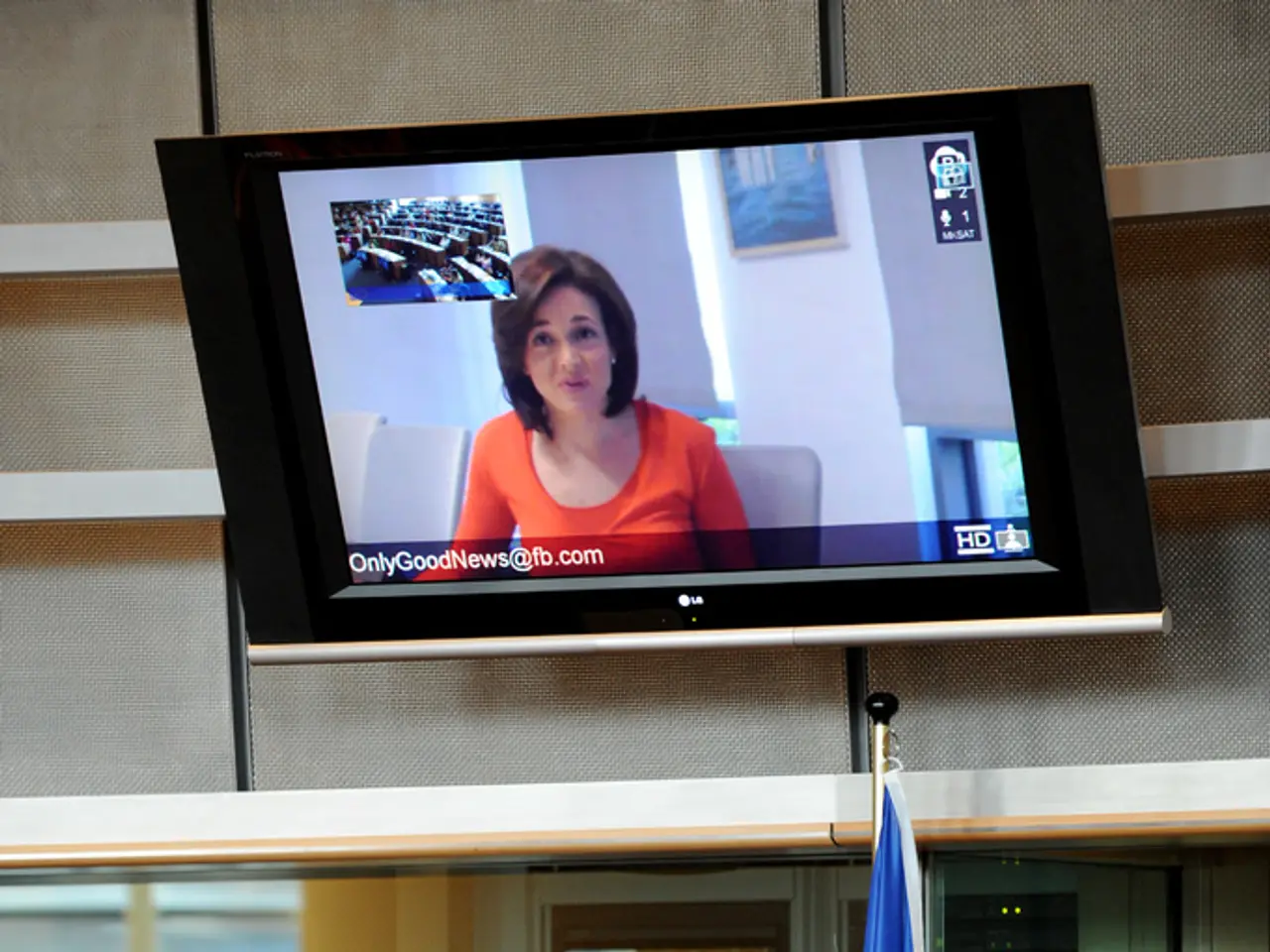France in an uproar due to the Prime Minister's plan to eliminate two national holidays as part of a budget reduction initiative
In France, a contentious debate is unfolding over the potential abolition of May 8 as a public holiday, commemorating the end of World War II in Europe. The proposal, suggested by French Prime Minister François Bayrou, has sparked significant backlash from various political parties, labor unions, and historians.
The origins of May 8 as a public holiday date back to 1953, marking the day when Nazi Germany formally surrendered to the Allied Powers in 1945. However, General Charles de Gaulle abolished the holiday in 1959 as part of efforts toward Franco-German reconciliation. It wasn't until 1981, under President François Mitterrand, that May 8 was reinstated as a public holiday.
The current proposal to abolish public holidays, including May 8, is part of broader efforts to reduce France's public deficit, which currently exceeds EU requirements. Critics argue that such measures place undue burdens on workers and neglect more profound structural issues within the economy.
Raphaël Spina, a specialist in World War II, noted that there are hardly any people present at war memorial sites on May 8, "apart from schoolchildren taken there by their teachers". This observation has led some to question the significance of May 8 as a public holiday, with Denis Peschanski, a French historian, suggesting that dates from the war, such as the Allied landings at Normandy on D-Day, are more symbolic.
However, opposition to the proposal is strong. Three out of four French people oppose the change, according to a BFMTV poll. Lionel Benharous, mayor of the town of Les Lilas, spoke out against the "dangerous recklessness" of such a proposal in the current climate. Sophie Binet, leader of the Confédération Générale du Travail, also voiced her opposition, arguing that such holidays are not merely social luxuries but integral to France's history and cultural identity.
The debate about abolishing public holidays is seen as a political distraction by some observers. Notably, Jordan Bardella, leader of the far-right Rassemblement National party, called the proposal a "direct attack on our history, our roots and French workers". In contrast, Bulgarian Armed Forces Day, Netherlands Liberation Day, Luxembourg Europe Day, and Slovenia's Day of Uprising Against Occupation are celebrated instead of May 8 in some countries.
As the debate continues, it underscores the complex interplay between economic constraints and societal values in France. The future of May 8 as a public holiday remains uncertain, with many questioning whether it is a necessary sacrifice in the pursuit of financial stability or a vital part of France's national identity that should be preserved.
- The current proposal to abolish May 8 as a public holiday is intertwined with France's financial policy-and-legislation, aiming to reduce the country's public deficit which currently exceeds EU requirements.
- In the realm of general-news, a renowned historian, Denis Peschanski, suggested that dates from the World War II, such as the Normandy landings on D-Day, are more symbolic than May 8, leading some to reconsider the significance of May 8 as a public holiday.
- Politically, the debate over the potential abolition of May 8 has sparked strong opposition, with three out of four French people opposing the change, according to a BFMTV poll, and leaders like Sophie Binet arguing that such holidays are integral to France's history and cultural identity.








